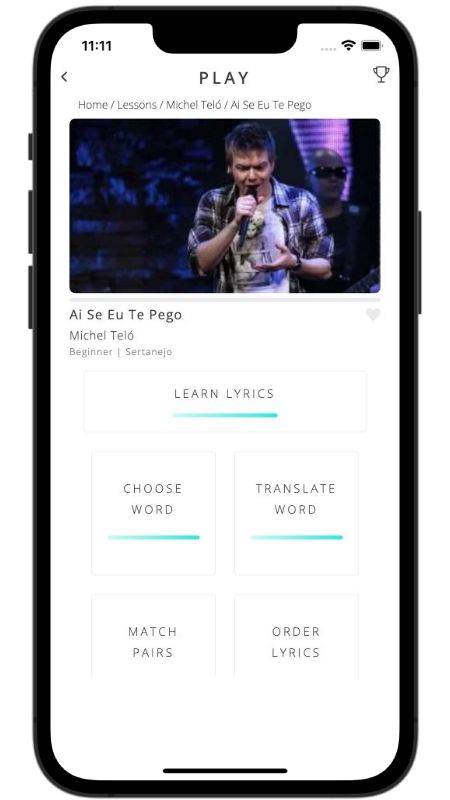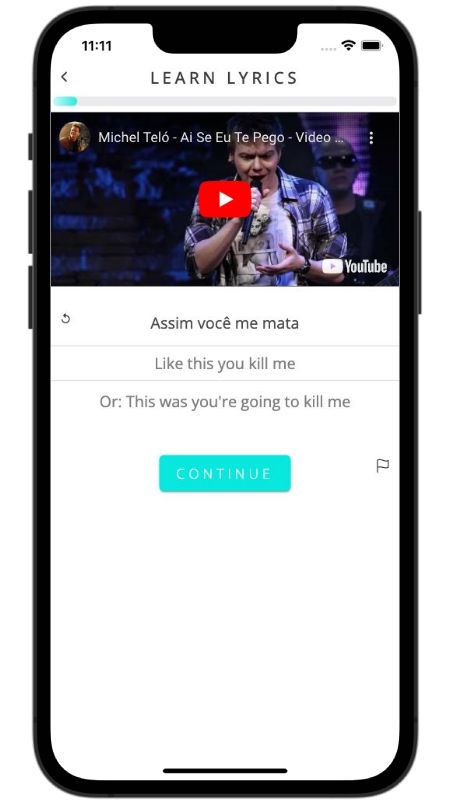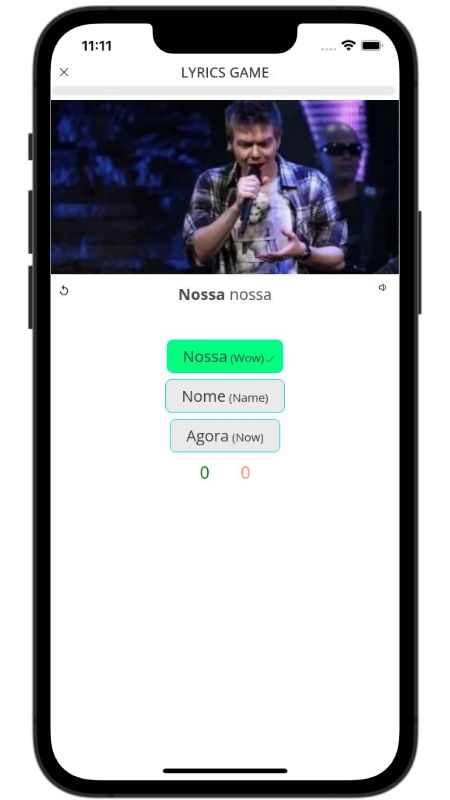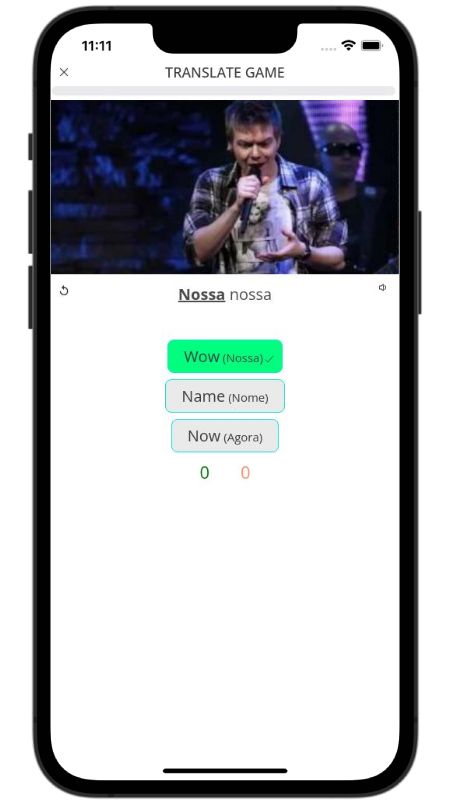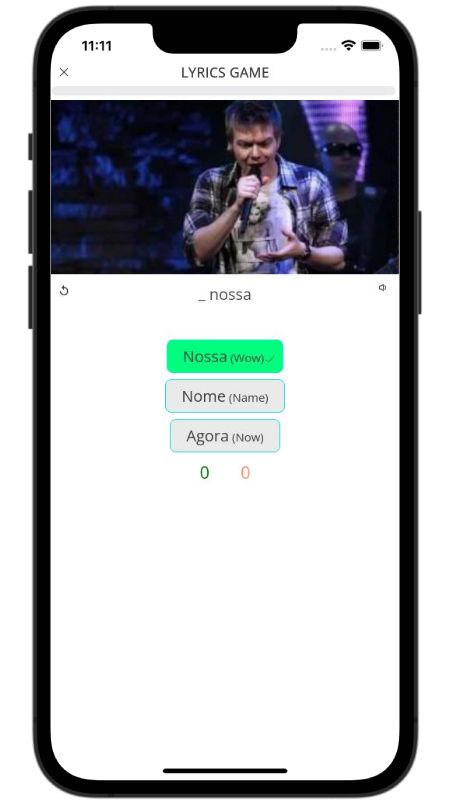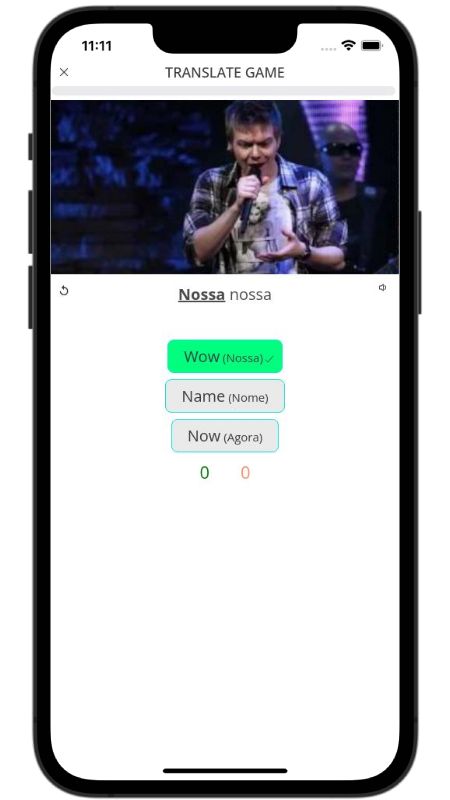GTA Lyrics in English Xamã , GTA
Below, I translated the lyrics of the song GTA by Xamã from Portuguese to English.
Rio de Janeiro
And so we go on
10 commandments, 9 millimeter, 8 radios on the global frequency
7 tight balloons in the carton, 6 papabondes on the main drag
Once upon a time 5 cops, 4 crooks, 3 Parafals
2 grenades, 1 backpack, 0% of the good guys get hurt
Today I'm in another state, attested and proven
Enemy of the state, friend of the resident
You'll lay the dead dog down, you'll awaken the poet
It'll become trend on the street because Xamã called
Once upon a time, a number ten in front of the goal, with a mean face
Say it's us, 'cause I'm in position
With 9 millimeter like a fatal Gal
8 porcelain poems, rap freak, the fame
7 days a week, Friday the 13th, the bad man
5 senses of flow, in ice flame, 40 grams of spice
3 years locked up ugh, it's Rock Danger it's the criminal staff
F*ck off, motherf
That's the G
Farther ahead than a clown shoe tip on this one
No neurosis, barefoot, shirtless
Russian shin, pissed off with a cap backwards
Rice, beans, tap water, that vibe?
It's the Rock crew bro, whoever challenged died
Got it?
Hey, no stress, is it recording?
What the heck man, is it recording?
Hold up, hold up
Dude
Let me drop something here
See if it's gonna be cool
Check out who came back from the frozen hell
Loved by the angels, darling of the devil
You saw I'm Rock Danger and you're drooling like okra
I don't want love or friendship from a scumbag
Excuse me, make room, this is a robbery
I don't repeat the verse, I'm just repeating the act
Farther ahead than a clown shoe tip
Nike Dunk, reflecting your look from top to bottom
I'll gather a big stash like Major to buy a horse
Live on a farm, just smoking joints
No luxury, barefoot, swimming in the creek
Listening to Djavan while the barbecue rolls
Sunday I'm with the family watching Vasco's big game
No hunger, picking fruit from the bunch
If it's not millionaire money, the contract's trash
Here I am, pissed, full of rebellious hate
(One time I arrived with Xamã in Campo Grande
And they started setting off fireworks, pow, pow, pow, fireworks
And we were inside the van, and I said, 'Xamã, the one with the sneakers?'
He said 'what?'
I said 'poof')
Mr. Versatile, Art Folk, 44 Flow of Nas
Nightwolf, the German was left behind
The mood is soci, tomorrow or never again
Style
Don't get it? run after, we stole the Volkswagen
With the cops chasing, West Coast
They say he's the slickest
DJ, show the slowpoke how it's done
Like Usain Bolt, the one I call is Xamã
Move, I'm in GTA San Andreas, in the boom bap of Los Angeles
Poet of bad character, altogether we're two robbers
One Basquiat and Di Cavalcanti
Why so rich, crooked and crazy like that?
Why do I nurture the wolf in me so much?
My CPF, Fx, X-A-M-Ã, over me
My fake codename, hummingbird
You're my fake flower
Pretending to take a photo, photosynthesis, click!
Lyrics and Translations Licensed & Provided by LyricFind
Did you like this lyrics translation?
Did you know?
In addition to reading lyric translations, you can now learn Portuguese with music and lyrics from your favorite artists.
No more boring lessons. You can now learn with engaging and culturally relevant lyrics from the best artists.
Apple and App Store are trademarks of Apple Inc.
Google Play and the Google Play logo are trademarks of Google LLC.
iOS AppAndroid AppWeb LessonsFree PDF WorksheetsJoin ClassroomLyrics TranslationBlogAbout UsBuy as GiftLifetime
